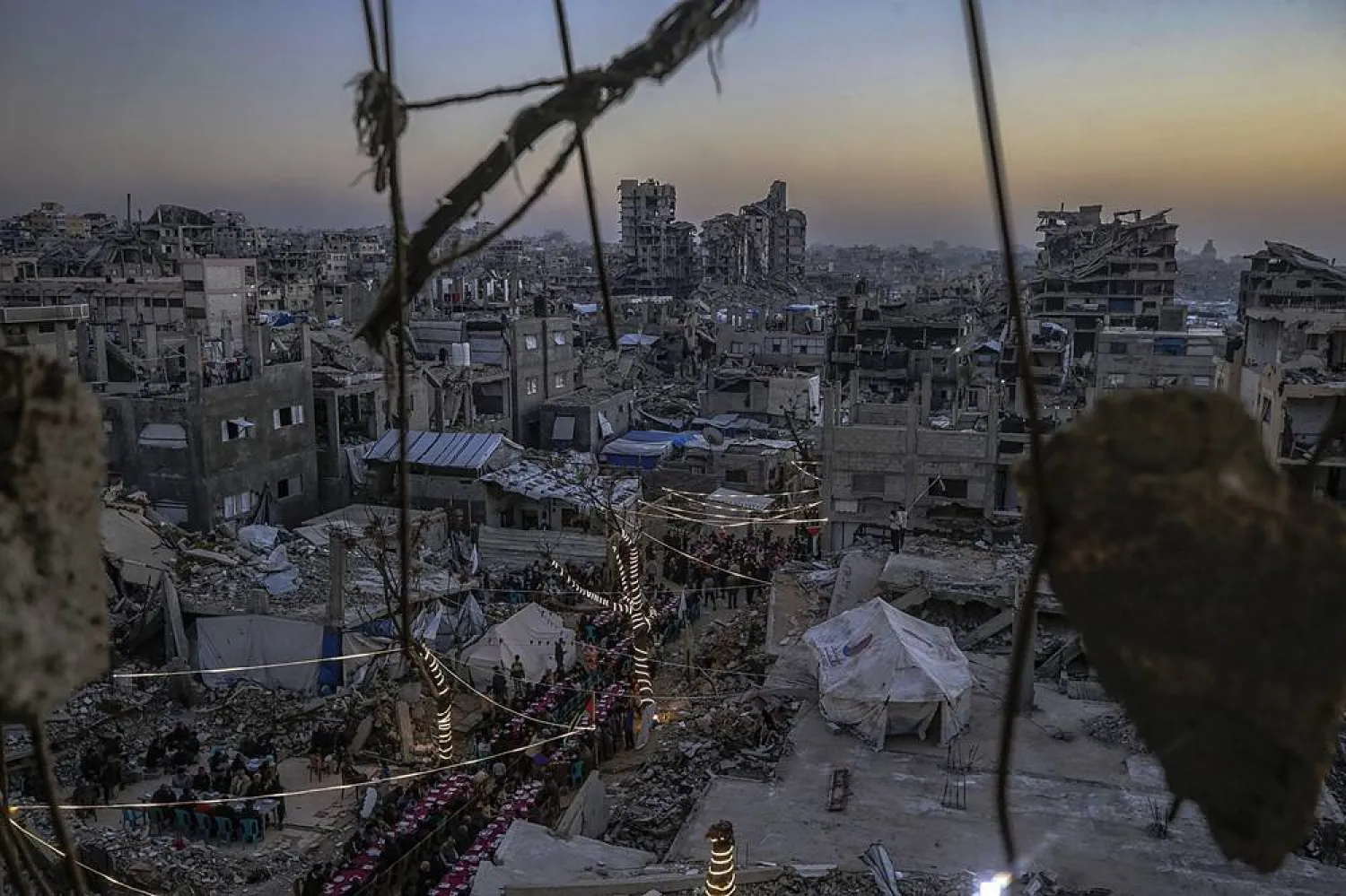Egypt’s Minister of Water Resources and Irrigation Mohamed Abdel Atti reiterated Cairo's rejection of any unilateral actions by the upstream countries along the Nile River Basin.
He also stressed that a legally binding agreement over the Grand Ethiopian Renaissance Dam (GERD) would pave the way for investments and development in the Nile Basin countries.
Speaking at the first International Water Conference in Baghdad, Abdel Atti reviewed the water challenges facing his country, in light of the shortage of resources, the rapid increase in the population, and climate change.
Addis Ababa has been building the dam since 2011 to generate electricity and construction has reached 78.3 percent of the full dam, according to official statements.
Cairo fears the dam would threaten its annual share of the Nile’s 55.5 million cubic meters of water and does not meet its basic needs.
Egypt is trying to mobilize international efforts to end the crisis which it describes as an existential threat that could affect its over 100 million people.
Abdel Atti said that 97 percent of Egypt’s renewable water resources come from outside its borders, which has prompted Cairo to take several measures and policies making it one of the leading countries worldwide in terms of efficiency and productivity relating to water.
The Minister said that Egypt has prepared a national strategy until 2050 that aims to achieve a sustainable management of water resources.
The Ministry also developed a plan for managing water resources until 2037 with investments exceeding EGP 900bn, seeking to enhance water quality and develop new resources.
Addis Ababa accuses Cairo of undermining its development efforts, however, Abdel Atti stressed that cooperation with African countries is at the forefront of Egypt's priorities, saying many development projects directly benefit African citizens.
The minister noted that cooperation between the riparian countries in studying, implementing, and operating dams and infrastructure projects is the ideal model for achieving mutual benefit and strengthening good neighborly relations.
Egypt is seeking to adopt this model in its relations with other Nile Basin countries, he stressed.
Egypt, Sudan, and Ethiopia have been negotiating a deal on GERD for about 10 years, but the three countries failed to reach an agreement.
In an attempt to move the stalled negotiations, Sudan proposed international mediation including the US, the UN, and the EU, as well as the African Union, which has sponsored the negotiations for several months. The proposal was backed by Egypt but rejected by Ethiopia.
The Egyptian official pointed out that, throughout history, his country has been and is still keen to provide financial support for the building and preparing of technical studies for the construction of dams, meeting development aspirations of all African countries.
Egypt has implemented many bilateral cooperation projects with the Nile Basin countries over the past years in the fields of water and power linkage, including rainwaters harvesting dams, underground drinking water stations, fish farms, and river moorings, among others, highlighted the Minister.
Abdel Atti asserted that these projects aim to develop the region in various fields, create job opportunities, develop fishing conditions, reduce swamps, and protect agricultural lands.









